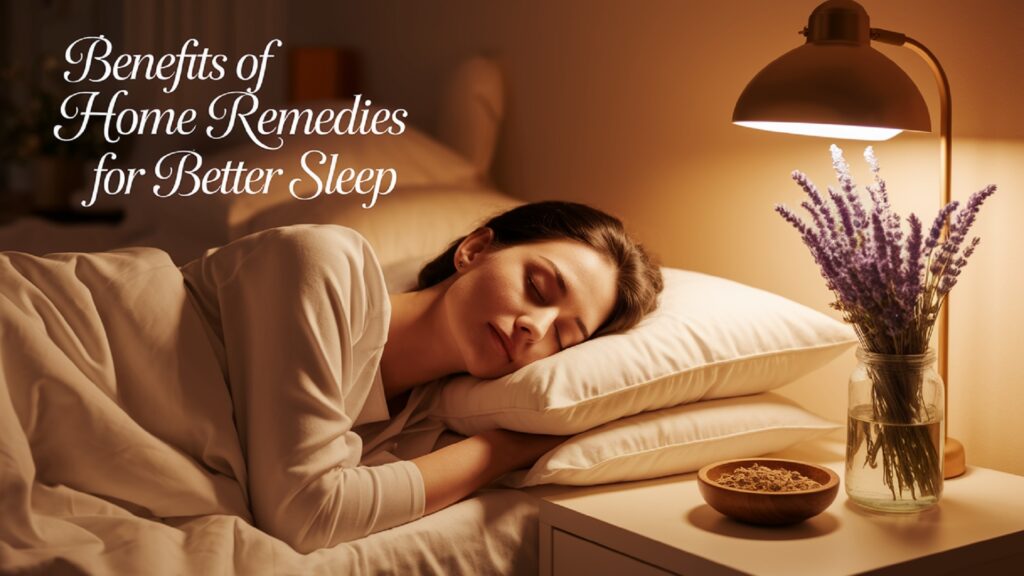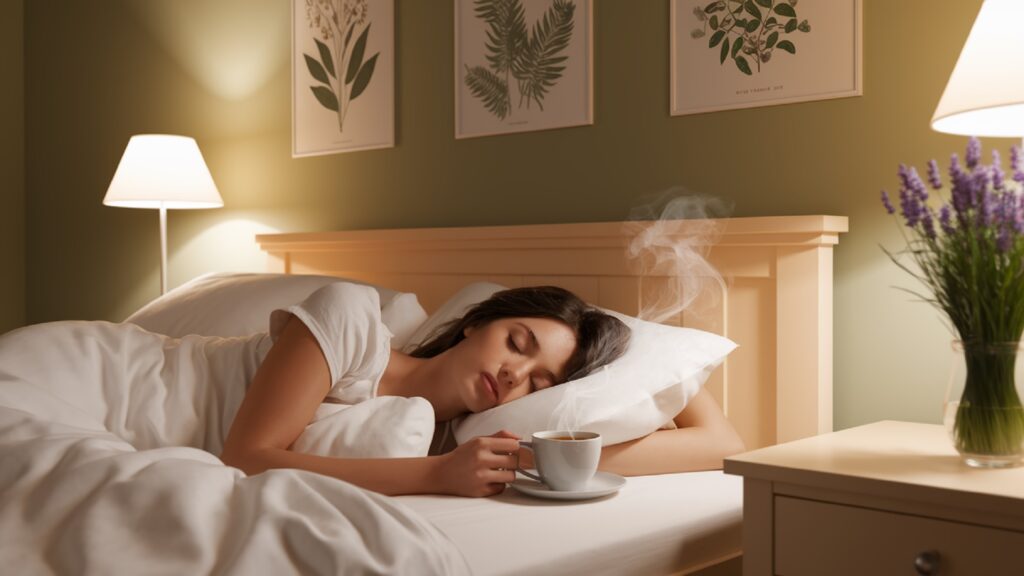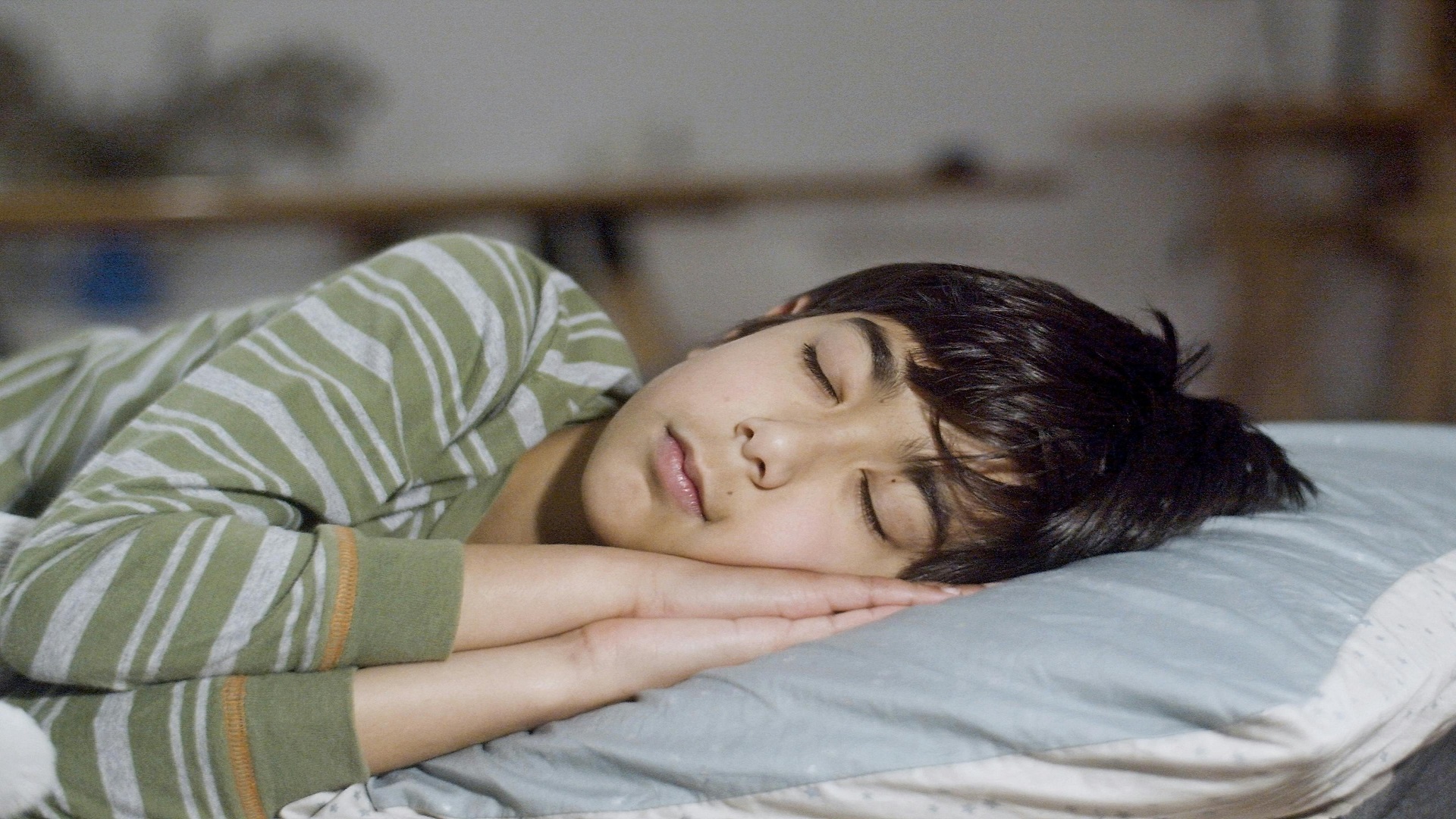Introduction to Home Remedies for Better Sleep
Home remedies for better sleep are gaining attention as people look for drug‑free, natural ways to improve rest. In the first sentence: Home remedies for better sleep include herbal teas, minerals, lifestyle adjustmnts, and relaxation practices proven to support healthy sleep cycles. Explores why you may struggle with sleep and how practical home remedies can address root causes effectively and safely.
Let’s explore how each remedy works and how you can systematically apply them for sustainable results.

What is Home Remedies for Better Sleep?
Home remedies for better sleep describe natural, often low‑cost strategies that improve sleep quality by promoting relaxation, balancing hormones, optimizing the envirnment, and resetting circadian rhythm. These remedies typically avoid prescription or over‑the‑counter sedatives, focusing instead on nutrition, herbal remedies, sleep hygiene, stress reduction, and supportive exercise habits.
By addressing key factors—such as elevated stress, poor nighttime routines, blue light exposure, or hormonal imbalances, hme remedies aim to restore restful sleep over time. They are suitable for mild to moderate insomnia and are usually safe for most adults when applied appropriately. The flexibility and non‑pharmaceutical nature of these methds make them accessible for long‑term habit change and better sleep health.
Read this Article : ( How to Lose Weight Without Going to the Gym ).
Benefits of Home Remedies for Better Sleep
Using home remedies for better sleep offers multiple advantages beyond simply falling asleep:
- Drug‑free and gentle: Avoids dependency or side effects of sleep medications.
- Cost‑effective: Many remedies cost little—basic teas, dietary changs, and relaxtion techniqus.
- Holistic benefits: Supports mental health, digestion, immunity, and circadian rhythm regulation.
- Customizable and scalable: Choose remedies mtching your preferences—herbal tea, aromatherapy, light exposure, or sleep journaling.
- Behavioral and long‑term impact: Encourages sustainable sleep‑friendly habits, not just a nightly fix.
Many of these remedies overlap with stress management and wellness routines. In addition, practicing them regularly builds positive feedback loops—better sleep leads to lower stress, which improves sleep even more.

How to Use Home Remedies for Better Sleep Effectively
To use home remedies for better sleep effectively, here’s a step‑by‑step approach you can tailor to your lifestyle:
- Establish consistent sleep and wake times. Go to bed and wake up at the same time daily—even weekends—to regulate your circadian rhythm.
- Optimize light exposure. Get 15–30 minutes of morning sunlight to anchor the body clock, and reduce blue light exposure in the evening by dimming screns at least an hour before bed.
- Create a calming pre‑sleep routine. Include deep breathing, progressive muscle relaxation, journaling, or listening to gentle music to cue your brain for rest.
- Use sleep‑promoting foods and drinks. Try chamomile or lavender tea, warm milk, tart cherry juice, bananas, almonds, turkey or kiwi—as they contain tryptophan, melatonin or magnesium.
- Consider supplements when needed. Options such as magnesium, valerian root, melatonin, glycine, lemon balm, or probiotics can support sleep—though you should conslt a healthcare provider before starting.
- Apply aromatherapy. Using lavender, cedarwood or chamomile essential oils via diffuser or pillow spray may improve sleep onset and quality.
- Exercise daily—but earlier. Moderate activity such as walking, yoga, tai‑chi or gentle jogging helps regulate sleep cycle and reduce anxiety, ideally done earlier in the day.
- Keep your sleep environment ideal. Maintain a cool bedroom (~60‑67 °F or 15‑19 °C), silence or mask noise, and ensure darkness using blackout curtains.
- Use paradoxical intention if sleep anxiety persists. Instead of forcing sleep, deliberately stay awake to reduce anxiety—this approach reduces sleep‑onset latency for chronic insomnia sufferers.
- Remove electronics from bed and bedroom. Reserve bed for sleep and sex only to strengthen mental association—the bed should not be a place of wakefulness or screen time.
Explore our Sleep Hygiene Toolkit for routines and printable logs. For scientific validation, see the Mayo Clinic’s sleep guidelines on hygiene and behavioral causes.

Common Mistakes People Make
Even with great intentions, many slip into sleep‑undermining habits. Here are common errors when applying home remedies for better sleep:
- Skipping winding‑down routines; jumping into bed still alert and wired.
- Using phones, laptops, or TVs right before bed.
- Relying on heavy meals, caffeine, sugar or alcohol close to bedtime.
- Overdoing supplements or herbal remdies without guidnce.
- Exercising too late; timing activity poorly.
- Sleeping in a room that’s too warm, bright, or noisy.
- Ignoring persistnt stress or anxity that interferes with sleep.
- Associating the bed with wakefulnss, e.g., reading, thinking, worrying in bed.
FAQs About Home Remedies for Better Sleep
What herbal teas support better sleep?
Chamomile tea, often consumed 30–60 minutes before bed, contains apigenin and may bind to benzodiazepine receptors, promting relaxation. Valerian root, passionflowr, lemon balm, and lavender tea also relax the mind by increasing GABA and rducing stress.
Is magnesium effective as a home remedy for better sleep?
Magnesium supports muscle relaxation, calms the nervous system, and regulates melatonin production. Studies show 300 mg before bed may improve sleep efficiency and reduce night awakenings, especially in those deficient in magnesium.
How important is the sleep environment?
A cool (15‑19 °C), dark, and quiet bedroom reduces disturbances and supports deeper sleep. Light exposure at night disrupts meltonin. Blckout curtains, earplugs, white noise machines, or eye masks can significantly improve quality.
Can exercise help diminish insomnia?
Yes—regular moderate exercise such as walking, yoga, or tai‑chi can boost sleep duration and quality by reducing anxiety, balancing circadian rhythm, and enhancing deep slow‑wave sleep. Avoid intense workouts near bedtime.
What is paradoxical intention, and does it work?
Paradoxical intention is a CBT‑based technique where you purposely stay awake rather than trying hard to sleep. This reduces performance anxiety and speeds up sleep onset in chronic insomnia. Studies show it significantly lowers sleep latency.
Author Remarks
Home remedies for better sleep offer a safe, effective, and long-term solution for anyone struggling with restless nights or poor sleep quality. Unlike quick fixes or medicatins that only mask symptoms, these natural methods wrk to address the underlying causes of sleep disturbances—whether it’s stress, poor sleep hygiene, diet, or lifestyle factors.
From sipping herbal teas like chamomile and valerian root to optimizing your sleep environment, establishing consistent bedtime routines, and using calming techniques like medittion or aromatherapy, these remedies empower you to take control of your sleep—naturally. By incorporting daily habits such as getting morning sunlight, limiting screen time at night, and avoiding caffeine late in the day, you build a foundation for consistent, restorative rest.
While results may not happen overnight, consistency is key. These remedies are not just temporary hacks; they are sustainable practices that improve not only slep but overall well-being, mood, focus, and resilience.
You’ve struggled with falling asleep, waking frquently, or feeling groggy in the morning; now is the time to commit to change. Embrce the healing powr of home remedies for better sleep—and give your mind and body the rest they truly deserve.

2 thoughts on “Home Remedies for Better Sleep”